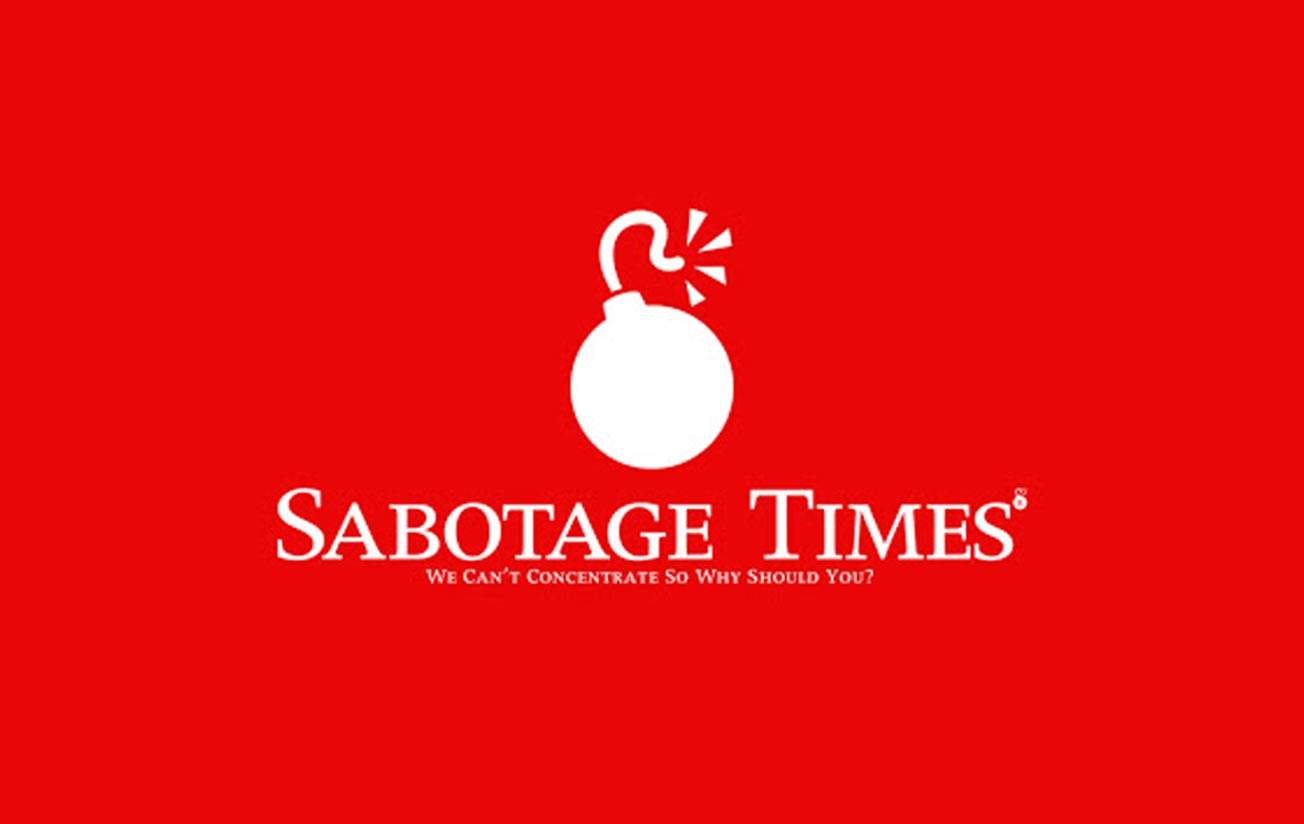Tim Berners-Lee, the inventor of the world wide web, famously believed that his creation could be used to “iron out misunderstanding”. The prediction seems laughably naive today, particularly to every single one of the 3 billion people who have internet access. If you are one of them, you will almost certainly have seen Godwin’s Law in full, depressing effect on a regular basis. Unfortunately you are also likely to have experienced cyberbullying either first-or second-hand.
Indeed, a 2013 survey by the anti-bullying charity Ditch the Label illustrated the scale of online abuse, finding that “an estimated 5.43 million young people in the UK have experienced cyberbullying, with 1.26 million subjected to extreme cyberbullying on a daily basis”.
Stories of feminists, celebrities, journalists and minorities enduring vile abuse on social networks such as Twitter are depressingly frequent. As much as the common perception is of trolls as lonely, disenfranchised teenagers, the examples of Brenda Leyland and Frank Zimmerman illustrate that the reality is that online abusers (and indeed their victims) can be of any age, gender or social group.
Dr Claire Hardaker, a lecturer in corpus linguistics at Lancaster University, believes that the difficulty in pinpointing a typical “troll” hinders effective preventative measures against such behaviour.
“This is definitely an issue,” Dr Hardaker explains. “There are many different motivations apparent in the data, and in the excuses that convicted online offenders give, ranging from boredom to fixations to revenge. Since you can’t treat all of these the same way, coming up with solutions is going to be more difficult.”
In February 1996, the American poet and essayist John Perry Barlow published A Declaration of the Independence of Cyberspace, about the future of the relatively nascent world wide web. Barlow, a devoted cyber-libertarian, expressed strong views that established governments had no place in what he described as “the new home of mind”. He believed that the online community would be able to solve issues itself and that establishment interference was not welcome.
“Where there are real conflicts, where there are wrongs, we will identify them and address them by our means. We are forming our own social contract. This governance will arise according to the conditions of our world, not yours. Our world is different.”
The sheer scale of government intervention online – be it censorship or surveillance – surely exceeds Barlow’s worst dystopian nightmares, and as such makes his declaration appear as naive as Berners-Lee’s. However, when looking at the issue of online abuse, there are actually a significant number of examples of communities doing precisely what he predicted: taking the resolution of issues into their own hands rather than relying on the conventional authorities.
… To read the full article, please visit contributoria.com.
I’m available for all types of writing work, wherever you are in the world. You can view examples of my copywriting and features, and you can also find out more about me here and on the homepage. Want to cut to the chase? You can contact me here or at the bottom of this page. I can also be found lurking on Twitter and LinkedIn.



